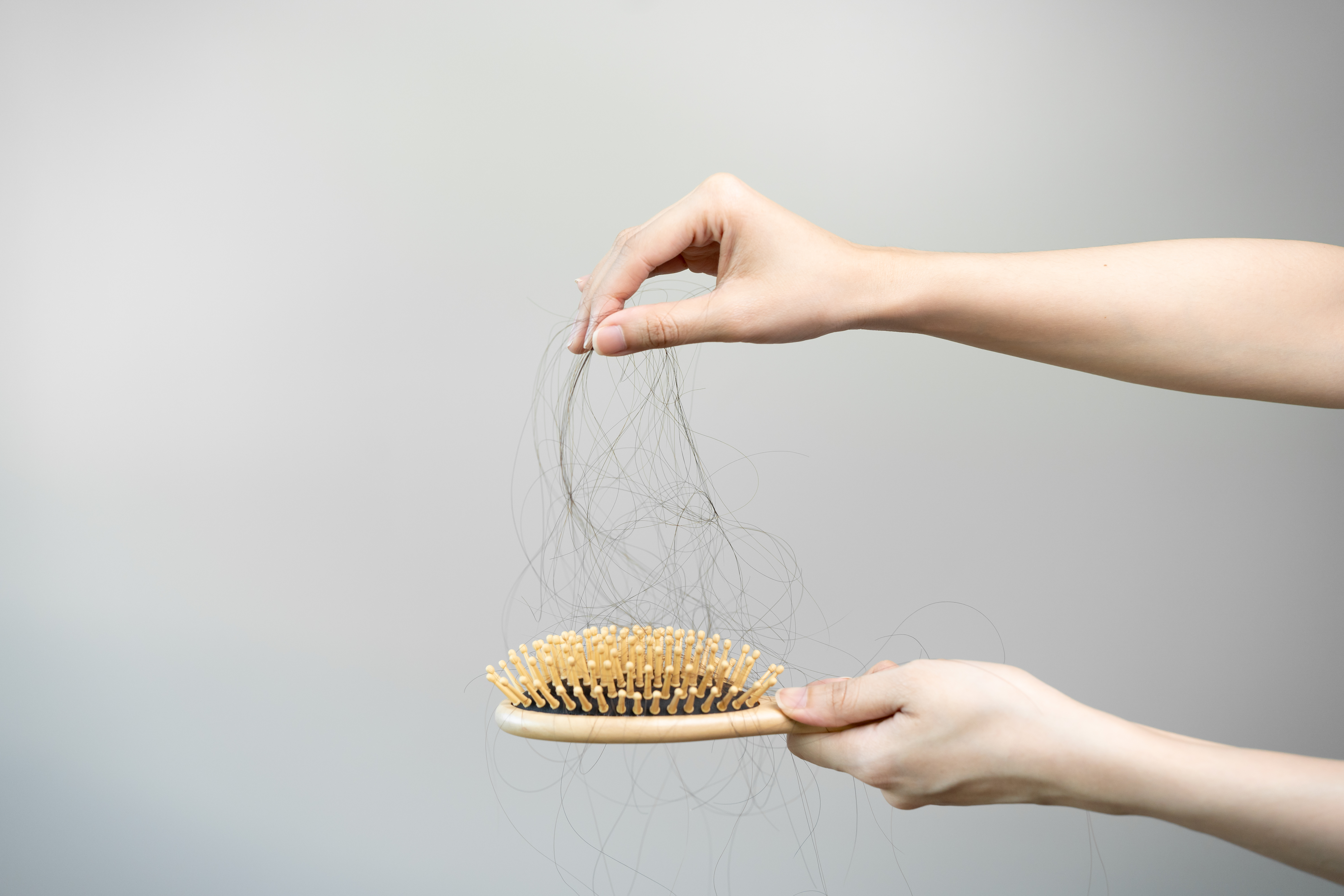
Investigators have found that uptitration of baricitinib may benefit patients with severe alopecia areata who did not respond to initial dosing of the agent, according to a pooled analysis published by Ko et al in JAMA Dermatology. Investigators analyzed outcomes from the phase III BRAVE-AA1 (ClinicalTrials.gov identifier NCT03570749) and BRAVE-AA2 (NCT03899259) trials involving 1,200 patients with severe alopecia areata who were randomly assigned to receive either 2 mg or 4 mg of baricitinib or placebo. After a follow-up of 52 weeks, 62.4% (n = 212/340) of the patients who received 2 mg of baricitinib had Severity of Alopecia Tool (SALT) scores of greater than 20 and were uptitrated to 4 mg of baricitinib. Among these patients, 25.9% (n = 55) demonstrated SALT scores of 20 or lower—representing significant disease improvement—after an additional follow-up of 24 weeks. Further, response rates regarding eyebrow hair loss and eyelash hair loss increased from 19.3% to 37.9% and 24.1% to 40.9%, respectively, in the same patient group. The investigators concluded that meaningful improvements in response rates after uptitration were observed in patients with alopecia areata who did not initially respond to baricitinib treatment.